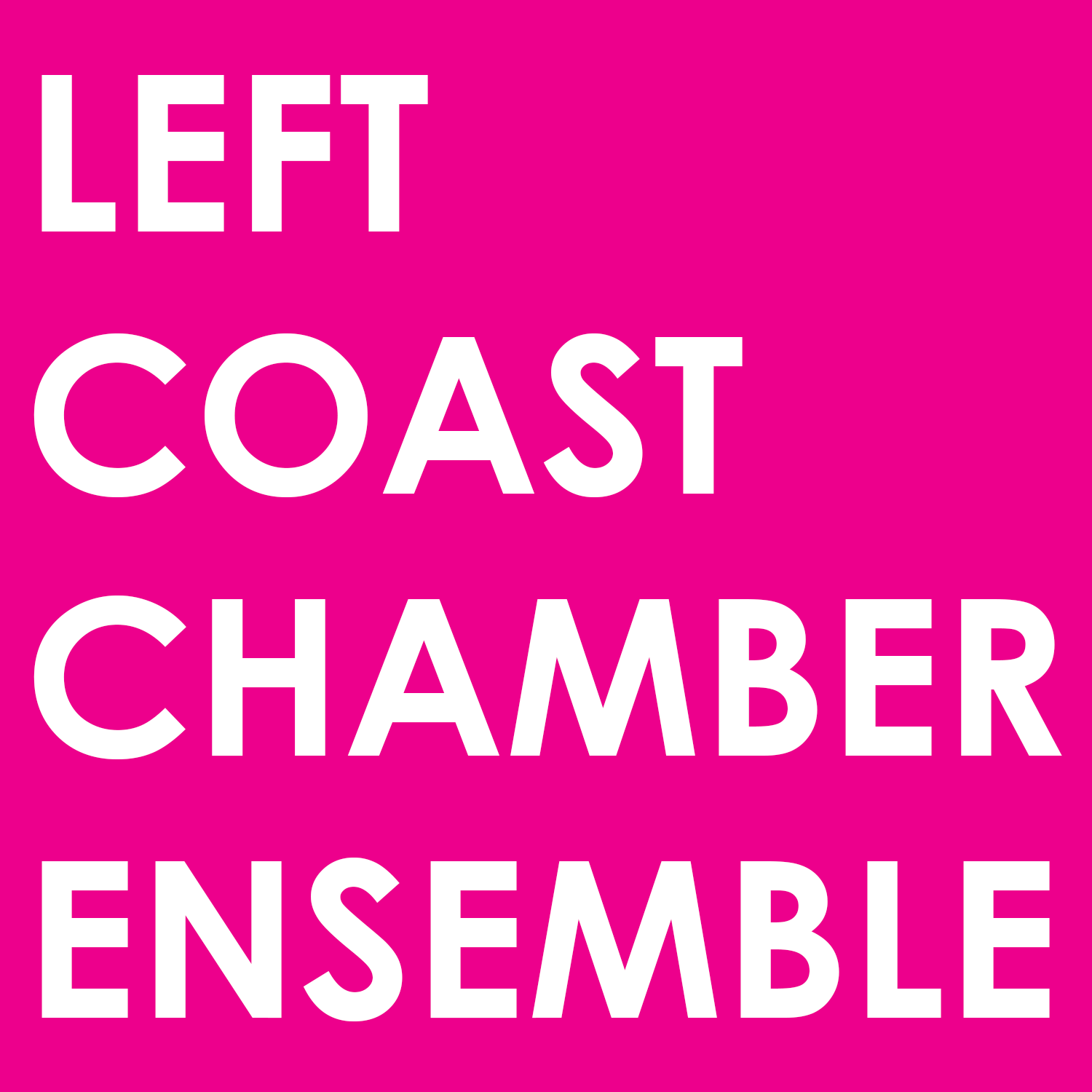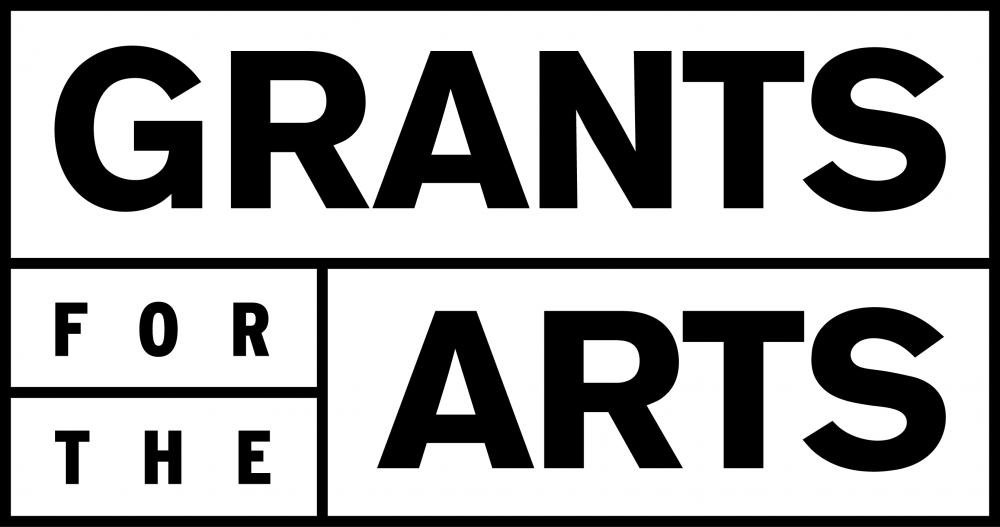We've got an enticing season planned for you starting in September 2013.
1 Point/Counterpoint
142 Throckmorton Theatre, Mill Valley 9/15/2013
San Francisco Conservatory of Music, San Francisco 9/16/2013
Flutist Stacey Pelinka curated the first concert of Left Coast's 2013-14 season, Point Counter Point, a program exploring extremes of simplicity and complexity. First we’ll hear Bach arias in which a vocal melody is set against wind obbligato parts, then, one of Elliott Carter's best-loved works, the Sonata for Flute, Oboe, Cello and Harpsichord. Carter’s sonata looks back to Bach's time. Bach wrote exquisite melodies and was a master of polyphonic complexity; Carter fused simple gestures and ornate rhythmic interplay, incorporating the sonority of the harpsichord and old dance forms into a modern idiom. Erik Ulman, an emerging “New Complexity” composer wrote this until specifically for Pelinka. This until complements the Bach and the Carter; Ulman uses such intricate rhythms and melodies his music sounds improvised. Finally, Roussel’s Deux Poèmes de Ronsard looks backward over the centuries to songs and fantasies by John Dowland, a wizard of melody who lived more than 100 years before Bach.
Eric Ulman · this until for Flute
Albert Roussel · Deux Poèmes de Ronsard, Op. 26
John Dowland · Songs and Fantasies for Guitar and Voice
Elliot Carter · Sonata for Flute, Cello, Oboe and Harpsichord
J.S. Bach · Aus Liebe will mein Heiland sterben and other Arias
2 Left Coast String Bands
142 Throckmorton Theatre, Mill Valley 12/8/2013
Dennis Gallagher Arts Pavilion, San Francisco 12/9/2013
String ensembles present a dazzling array of possibilities for composers, who can exploit the homogeneity of the instruments’ sonorities and variety in articulations and colors; this allows them to blend sounds and to delineate independent voices. Left Coast’s string players explore this range with music of diverse styles, from a duo for violin and bass by Edgar Meyer to a septet by Kurt Rohde, as well as György Ligeti’s first string quartet, Frank Zappa’s None of the Above, and Brahms’ String Quintet No. 1 in F Major; of this sublime piece, the composer wrote, “You have never had such a beautiful work from me.”
Edgar Meyer · First Movement from Concert Duo for Violin and Double Bass
György Ligeti · String Quartet No. 1 “Métamorphoses nocturnes”
Frank Zappa · None of the Above for String Quartet and Double Bass
Johannes Brahms · String Quintet No. 1 in F Major, Op.88
Kurt Rohde · Hear No Evil for String Septet
3 Some Serious Fun
142 Throckmorton Theatre, Mill Valley 1/30/2014
San Francisco Conservatory of Music, San Francisco 2/3/2014
Games inspired this program, which includes LCCE 2003 Composition Contest Winner Moritz Eggert’sPong, a charming musical rendering of the 1972 Atari game, as well as Mozart’s E-flat Trio, nicknamed “Kegelstatt,” or “Billiards,” and György Kurtág’s Signs Games and Messages. Risk and competition come into play with Laura Schwendinger’s High Wire Act, and LCCE 2013 Composition Contest Winner Michael-Thomas Foumai’s Scat. Local star Steve Horowitz, who teaches a course on writing music for games, is contributing a brief new trio. We also hear Scott Lindroth’s musical parallel of the imaginary world envisioned by Achilles Rizzoli, in Yield to Total Elation.
W.A. Mozart · Trio in E-flat Major,“Kegelstatt” for Clarinet, Viola and Piano
Michael-Thomas Foumai · Scat for Flute, Clarinet, Violin and Cello
2013 LCCE COMPOSITION CONTEST WINNER
Scott Lindroth · Yield to Total Elation for Flute, Viola and Guitar
Steve Horowitz · NEW WORK for Chamber Ensemble WORLD PREMIERE
György Kurtág · Signs, Games and Messages for String Trio
Moritz Eggert · Pong 2003 LCCE COMPOSTION CONTEST WINNER
Laura Schwendinger · High Wire Act for Flute, Violin, Viola, Cello and Piano
4 Short Stories
142 Throckmorton Theatre, Mill Valley 3/20/2014
San Francisco Conservatory of Music, San Francisco 3/23/2014
We hear Bailes encima del escritorio de nuestra juventud, a scene rendered in music by Charles Zoll, the young top prize winner of the 2013 national Rapido! Composition Contest. Bay Area composer Laurie San Martin is writing a new dramatic work for chamber ensemble and speaker.
Charles Zoll · Bailes encima del escritorio de nuestra juventud for Oboe, Violin, Cello, Piano
WEST COAST PREMIERE/RAPIDO! COMPETITION NATIONAL WINNER
Laurie San Martin· NEW WORK for Actor and Ensemble WORLD PREMIERE
This concert supported in part by San Francisco Friends of Chamber Music Musical Grant Program
5 Left Coast Summer Reading
142 Throckmorton Theatre, Mill Valley 6/8/2014
San Francisco Conservatory of Music, San Francisco 6/9/2014
Kick off the summer reading season with Left Coast, listening to Robert Schumann’s Märchenbilder(Fairy Tale Pictures), Leoš Janáček’s first string quartet––inspired by the Tolstoy novella The Kreutzer Sonata––and Thomas Adès’ trio for clarinet, violin and piano––inspired by Shakespeare’s The Tempest. Also featured are new works from composers Mika Pelo and Eric Zivian.
Robert Schumann · Märchenbilder for Viola and Piano
Thomas Adès · Court Studies from The Tempest for Violin, Clarinet and Piano
Mika Pelo · NEW WORK for Piano Trio WORLD PREMIERE
Eric Zivian · NEW WORK for Piano Trio WORLD PREMIERE
Leoš Janáček · String Quartet No. 1, “The Kreutzer Sonata”
PROGRAMS SUBJECT TO CHANGE
Subscriptions on sale now! Save your seat. Save money. Subscribe today.














